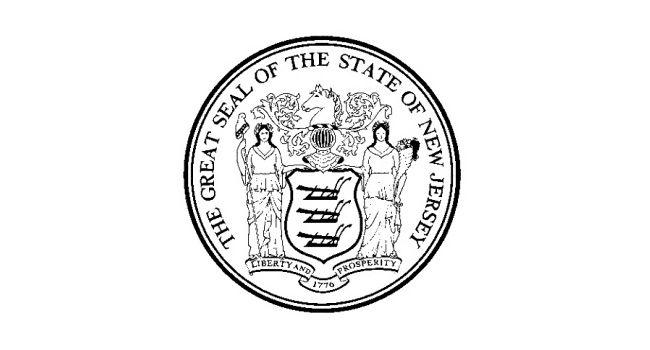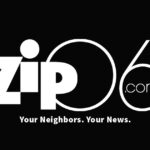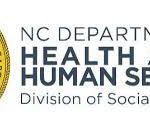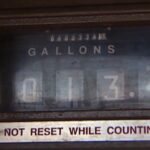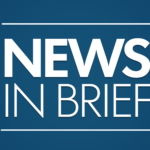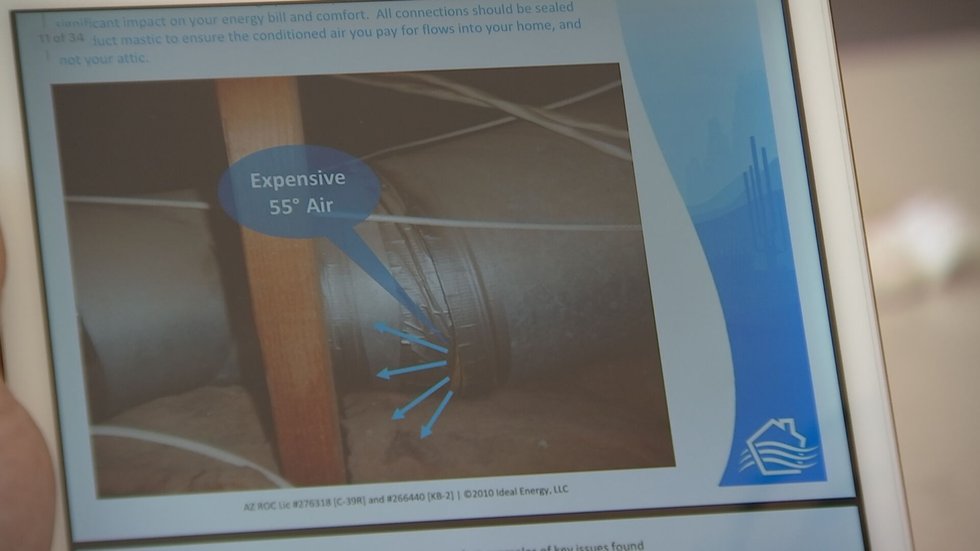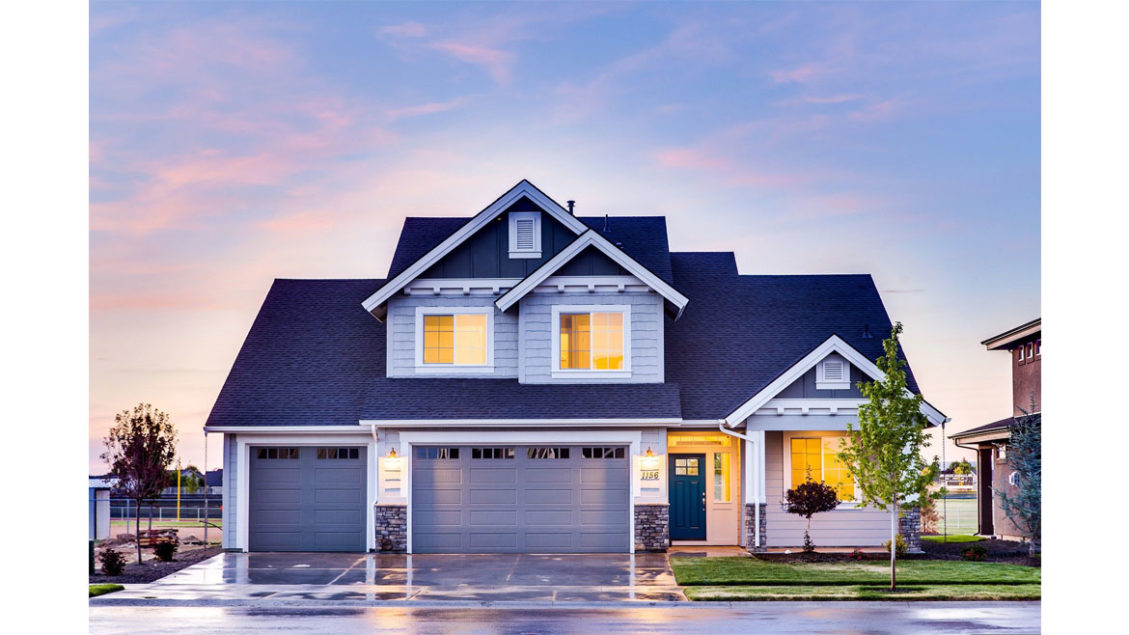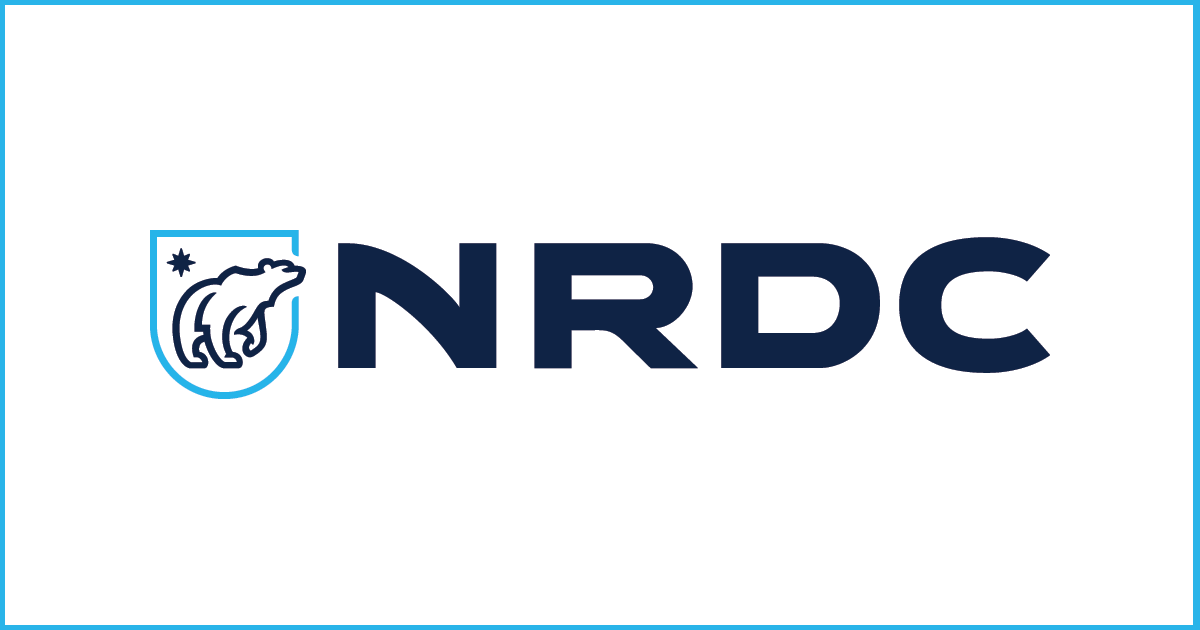DCA Launches Application for Low-income Home Energy Assistance Program – Cape May County Herald
Energy Disrupter

TRENTON – The New Jersey Department of Community Affairs (DCA) recently launched a new online application for the 2021 Low Income Home Energy Assistance Program (LIHEAP) season.
According to a release, LIHEAP, which is federally-funded, assists individuals and families with their home heating and medically-necessary cooling bills and provides emergency heating system services and emergency fuel assistance. Program funding is administered through the DCA Division of Housing and Community Resources. An additional $15 million from the federal Coronavirus Relief Fund has been allocated to assist low-income households in paying off utility arrearages.
“As the cold weather approaches, we want to remind families that heating assistance is available. We are pleased to offer a new online process that will make it easier to apply,” stated Lt. Gov. Sheila Oliver, DCA commissioner. “Gov. Murphy and I recognize that families still face economic hardships as a result of the pandemic and stand ready to assist as many households as possible.”
Gov. Murphy recently signed Executive Order No. 190, which prevents residents from having their utilities disconnected through March 15, 2021. The moratorium prevents shutoffs to residential gas, electric, and water utilities, both public and private, for residential customers during the COVID-19 pandemic. Utility companies will not charge late fees nor fees to reconnect services that have been disconnected. The governor’s executive order also requires that all residential services that were disconnected after social distancing measures went into effect on March 16 be reconnected.
Although the moratorium is being extended, utility customers are still encouraged to set up payment plans with their utilities so they can begin paying their bills, if they are able, over a period of time.
Eligible households, including those that have lost income as a result of the COVID-19 public health emergency, are encouraged to apply to the LIHEAP program. To be eligible for LIHEAP assistance, households must be responsible for home energy costs, either directly or included in the rent, and have a gross income at or below 200 percent of the federal poverty level. Persons who live in public housing and/or receive rental assistance are not eligible unless they are responsible for their own energy costs paid directly to the fuel supplier. The amount of the LIHEAP benefit is determined by income, household size, fuel type, and region.
Households that qualify for the Supplemental Nutritional Assistance Program (SNAP) – formerly food stamps – are automatically screened to determine eligibility for LIHEAP. SNAP applicants are encouraged to provide electric, gas, oil, and other energy utility bills that could qualify them to receive LIHEAP assistance to help pay heating and medically-necessary cooling costs. SNAP recipients who qualify for LIHEAP may be eligible for an increase in SNAP benefits.
In addition to the online application, applications may also be submitted by email, secure drop boxes in front of local agency offices, and in-person by appointment.
The LIHEAP application also serves as an application for the Universal Service Fund (USF) Program, which is state funded and administered by the DCA Division of Housing and Community Resources. USF helps low-income households pay for their electric and natural gas costs. DCA will use a portion of the $15 million in the Coronavirus Relief Fund to address arrearages among USF participants.
To be eligible for USF, a household must have a gross income at or below 185% of the federal poverty level and pay more than 3% of its annual income for electric (6% if the home also has electric heat) or more than 3% of its annual income for natural gas. USF serves low-income families (Income below 185% of the Federal Poverty Level) who need assistance with electric and natural gas bills.
Individuals can find out if they qualify for assistance for LIHEAP, USF, and other DCA programs by completing DCA’s anonymous online screening tool called DCAid at www.nj.gov/dca/dcaid. The online application for utility assistance can be accessed here.
Individuals can also dial 2-1-1 any day, any time to speak with a call specialist who can provide the locations and hours of local LIHEAP application agencies, explain how home energy assistance programs work, check on the status of a LIHEAP application once it has been submitted, and help find alternative resources if a person doesn’t qualify for LIHEAP and/or USF benefits. NJ 2-1-1 is funded by the United Way of New Jersey, in partnership with the State of New Jersey.
For a list of agencies that accept LIHEAP applications and more information, people can also visit the DCA website, at
Original Source: https://www.capemaycountyherald.com/news/government/article_c243dc32-13cc-11eb-8747-cfda7ad4eaf1.html

